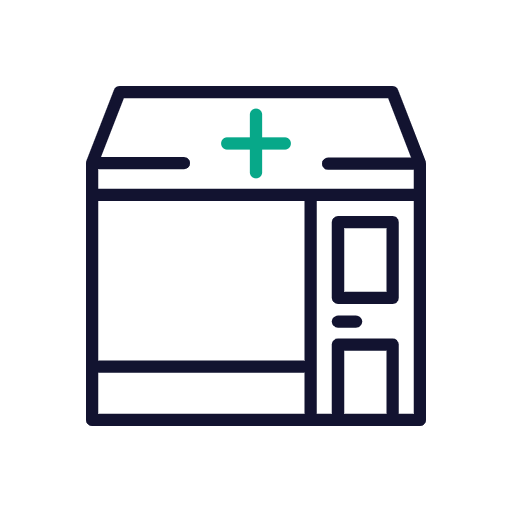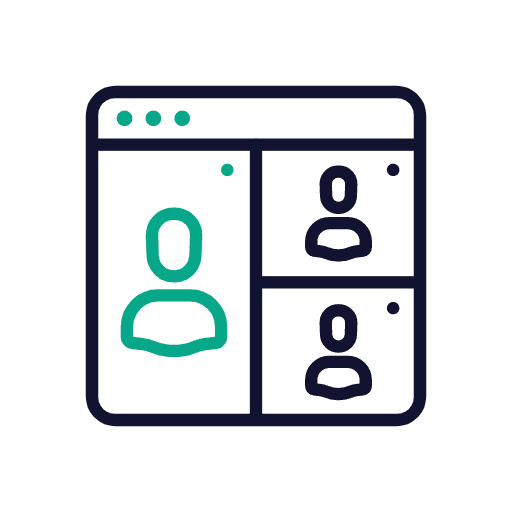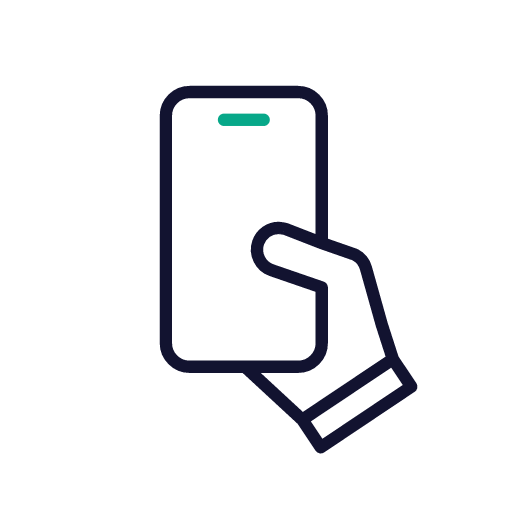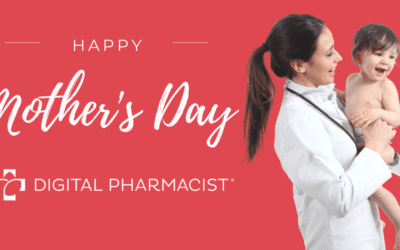Health literacy plays a crucial role in the overall well-being of individuals and communities. October is recognized as Health Literacy Month, a time when healthcare professionals, organizations, and communities come together to promote understanding and access to health information. Pharmacies, as key healthcare providers at the frontline, have a unique opportunity to actively participate in Health Literacy Month and contribute to improving the health literacy of their customers. In this blog, we’ll explore several ways pharmacies can get involved in this important initiative.
1. Health Literacy Workshops and Seminars

One effective way for pharmacies to promote health literacy is by organizing workshops and seminars. These events can cover various topics, such as understanding prescription labels, proper medication use, managing chronic conditions, and reading nutritional labels. You can host a workshop or seminar at your pharmacy location or at a restaurant in your community. Invite local healthcare professionals, pharmacists, and educators to share their expertise and insights to provide an even more robust learning opportunity.
2. Employee Training

Pharmacy staff should be well-informed about health literacy and equipped with the necessary skills to communicate effectively with patients. Conduct health literacy training sessions or provide your staff with online health literacy resources to enhance their ability to simplify complex medical information for patients. You could even do “mock scenarios” with your pharmacy team where you are the patient asking questions and they must answer in a way that is appropriate for a patient. Having these conversations with your team will help them to understand what areas of the conversation they need to work on and will give you the opportunity to guide them. When pharmacy staff are able to communicate at a level that is easy to understand for their community, patients are more likely to comprehend and adhere to their healthcare plans.
3. Educational Materials and Resources

Now that your pharmacy team is trained on Health Literacy, it’s a great idea to also focus on written materials for your patients. By offering a selection of pamphlets, brochures, and informational materials on health topics written in a manner your patients will easily understand you are supporting your patients from all avenues. These resources should be written in plain language, with clear and concise explanations. Topics can range from medication safety to healthy lifestyle choices. Ensure that these materials are easily accessible in-store and also on your pharmacy website so customers can refer to them at their convenience.
4. Medication Counseling

Pharmacists can take advantage of Health Literacy Month to emphasize the importance of proper medication use and understanding prescriptions. Consider offering one-on-one counseling sessions specifically tailored to this month’s topic where pharmacists can discuss medication regimens, and potential side effects, and answer any questions patients may have.
While personal interactions can greatly enhance patients’ understanding and confidence in managing their medications, in today’s digital world, having on-demand access to medication information online is becoming an expectation for patients. Having the option to provide patients with 24/7 access to digital medication education can greatly improve health literacy among your patient base.
5. Collaborations with Local Organizations

Collaborating with local community organizations can help extend the reach of health literacy initiatives. Partner with schools, senior centers, libraries, and other community hubs to offer health literacy programs. Consider conducting health screenings or providing free consultations to engage with the community directly.
6. Multilingual Services

Many communities are culturally diverse and have residents who speak languages other than English. It’s important to consider the Health Literacy of all patients and offer multilingual services on items such as prescription labels and informational materials. Additionally, ensuring your bilingual staff is able to effectively translate medical information is crucial to patients’ understanding.
7. Health Literacy Assessments

Consider incorporating health literacy screening tools to help your patients gauge their own health literacy levels and areas where they may need improvement. By doing this, you are narrowing down the areas to focus on for that particular patient so they can receive the best possible care from your pharmacy.
8. Digital Marketing Campaigns

In today’s digital age, social media is a powerful tool for spreading information. Pharmacies can use their social media platforms to share health tips, infographics, and articles on relevant health topics throughout Health Literacy Month.
The IHA Toolkit has many digital resources that help you take action during Health Literacy Month. Use their free graphics and videos on your pharmacy websites or social campaigns to build health literacy awareness and encourage your community to take action.
Additionally, it’s important to take into consideration creating social media graphics and captions that are easy to understand. Even after Health Literacy month ends and you’ve shared great tips and articles, continue to create images for your audience that every person can digest and easily comprehend.
9. Communicate Efficiently With Patients

Effective communication with patients is vital for improving health literacy. Two-way text messaging is a valuable tool for pharmacies, allowing patients to securely ask questions and enabling pharmacy teams to provide prompt responses and pick-up/refill reminders. Your team has been trained on how to effectively communicate with patients, so with two-way messaging, they are ready to use their skills in this manner as well. This technology fosters trust, transparency, and easy access to vital health information, helping patients make informed decisions about their well-being. Embracing modern communication tools like two-way text messaging is crucial for enhancing health literacy and patient outcomes.
In Conclusion
Participating in Health Literacy Month is an opportunity for pharmacies to make a meaningful impact on the health and well-being of their communities. By ensuring your team is properly trained, organizing educational events, providing accessible resources, and focusing on effective communication, pharmacies can empower individuals to become more informed and proactive in managing their health. Ultimately, the efforts made during Health Literacy Month can have a lasting positive effect on public health and healthcare outcomes.
Still need ideas? Get more tips on how to market your pharmacy on our blog, or contact us for a free demo of our digital marketing offerings. Additionally, utilizing your IVR and creating messaging about Health Literacy is an important way to reach customers.



